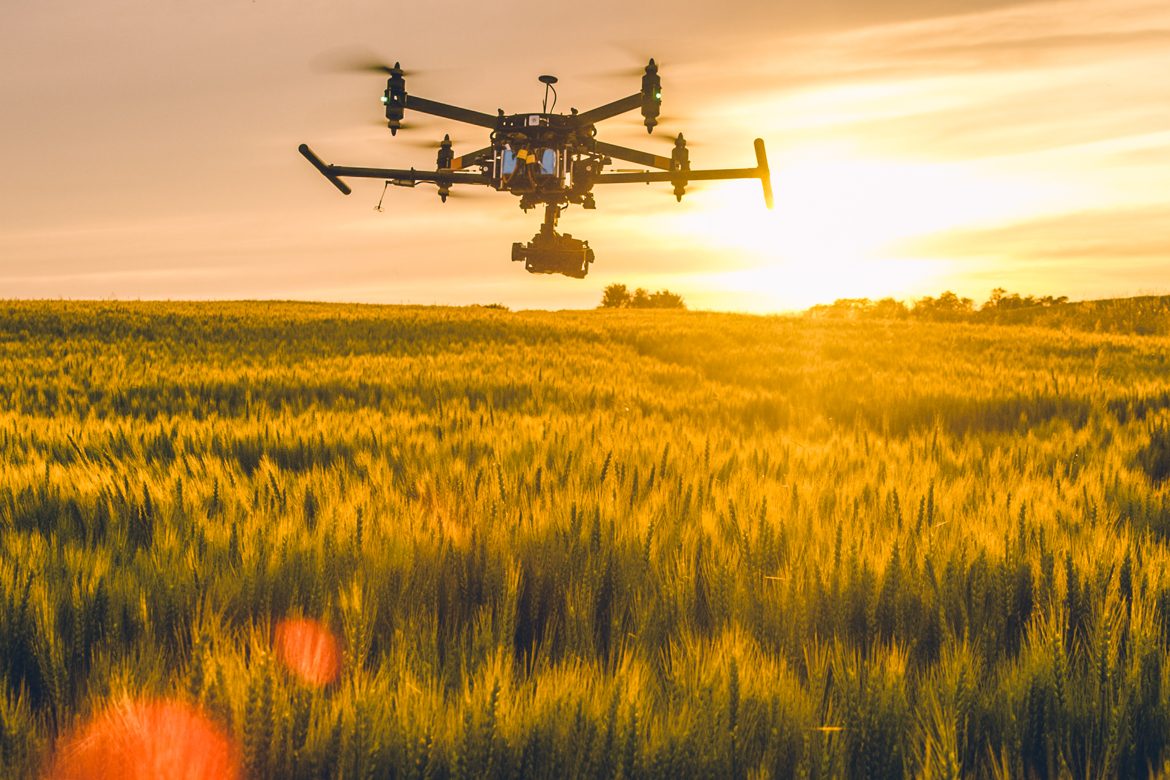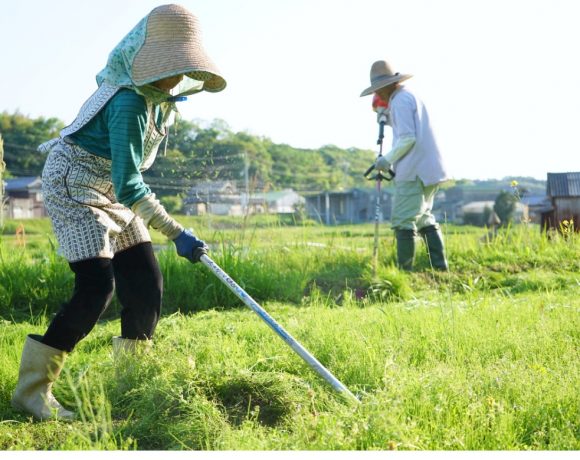- Agriculture became the starting point for Taiwan’s economic development during the latter half of the 20th century as it served as the backbone for growth in industry and commerce. Taiwan aims to optimise its farming techniques by using high-precision technology as it commits to the Agriculture 4.0 movement.
- A pilot project was launched in 2017 by the government that aimed to introduce advanced technologies to improve agricultural productivity.
- The government collaborates with the National Taiwan University to create and design a series of smart agriculture programs to develop human resources in this field, as this is a key factor in applying the new technologies.
Taiwan’s economy is mainly known for its Semiconductor Industry and information Technology. However, the economic rise in the technological field only emerged due to a strong foundation in Taiwan’s agricultural sector. It served as an anchor for growth in industry and commerce and functioned as a foundation of economic development. Today the agricultural sector in turn, benefits from this technological growth of the island, and the new age information technology is used to develop smart agriculture.
Taiwan reaps as it sows
After the end of the Japanese rule of Taiwan in 1945, the government announced a long-term strategy of developing the industry through agriculture. As such, agriculture became the starting point for Taiwan’s economic development during the latter half of the 20th century as it served as the backbone for growth in industry and commerce. When the government shifted their priority to the development of export-oriented economic policy, the rapid industrialisation and economic growth made Taiwan known as one of the Four Asian Tigers alongside Singapore, South Korea and Hong Kong.
Consequently, the rising national focus on the technological sector caused pressure on the agricultural sector as more and more people moved away from rural areas and labor costs increased. Much farmland was left idle and the agricultural production that accounted for 35.8% of Taiwan’s GDP dropped to only 1.69%. Due to the lack of investment in better facilities and negligence in training to develop more profitable businesses, the agricultural modernisation was further inhibited.
Eventually, the Taiwanese government introduced a new policy to reactivate the remaining idle farmland to ensure food security and to revitalise the agriculture sectors. Further policies aim to develop the sector in order for it to be more competitive, modern and green. The government now follows a strategy of developing agriculture through industry. Taiwan aims to optimise its farming techniques by using high-precision technology as it commits to the Agriculture 4.0 movement.
The time is ripe
Smart agriculture focuses on the use of information and communication technology to create precise and efficient farming solutions. Drones, robots, big data, cloud computing and artificial intelligence are all resources that are applied to novel farming practices for an Agriculture 4.0. An integration of interconnected equipment and precision farming systems are in the focus of agricultural development.
Digitalised agriculture has become a mainstream trend all over the world. Taiwan as well, is currently raising its investments in its Agriculture 4.0 movement. A pilot project was launched in 2017 by the government that aimed to introduce advanced technologies to improve agricultural productivity. It was renamed the Smart Agricultural Project in 2018 and expanded to overcome the restrictions of natural resources and shortages in human labor resources by facilitating the intelligent production and digital marketing of agricultural businesses. In 2020 the government increased its initial investment by another $300 million in an effort to sustain the growth of smart agriculture.
The new technology promises to increase yields, reduce operating costs, reduce crop damage and minimise water, fuel and fertiliser usages. This does not only save time and money but goes hand in hand with sustainable farming by increasing the adaptive capacity of farming systems as well as a sustainable increase in food productivity.
Don’t count your chickens before they hatch
Although smart agriculture sounds promising, implementing it on farms has shown to be a challenge. One main reason is that farmers remained hesitant about adopting new technology. In a 2020 study about ‘Farmers’ knowledge, attitude and adoption of Smart Agriculture Technology in Taiwan‘ Jui-Hsiung Chuang and Jiun-Hao Wang, Department of Bio-Industry Communication and Development, National Taiwan University, Taipei, found that out of eight smart agriculture technologies especially automatic environmental control systems were well-understood and highly valued among the farmers in Taiwan whereas biological image detection and recognition techniques were perceived as less important and therefore also less favoured. These findings provide policymakers and agricultural educators with important insights and help to promote or facilitate the adoption of smart agriculture technologies in Taiwan. The government now collaborates with the National Taiwan University to create and design a series of smart agriculture programs to develop human resources in this field, as this is a key factor in applying the new technologies. The courses would convey basic knowledge about smart agriculture, train practical competences and ideally confer young farmers with a positive attitude towards the new technologies.
Rethinking farming
The shift to smart agriculture has opened a new market for young, innovative startups in Taiwan. Current smart farming innovations include startups like Owlting that supplies farmers with big data to optimise operations by monitoring the weather and chemicals in the soil, LeBio’s Spectral X which is a new type of agriculture net that adjusts sunlight and RGB spectrum ratios to improve plant health and growth over time. Other startups focus on hi-tech autopilot helicopters and drones to spray pesticides fast and with high precision, improving agricultural efficiency and reducing human and plant exposure to pesticides.
Smart agriculture has also created a space where agriculture can be radically rethought. Tsai Wenchin is the founder of the world’s largest vertical farm. YesHealth follows a new approach to incorporate technology into farming by growing plants in vertical trays where they have full control over the environment and no pesticides, chemicals nor soil are needed. It aims to produce sustainable vegetables that are fresh, nutritious, pesticide free and safe. All nutrients are delivered through a hydroponic system as bio fertilisers made by soybeans. The lightning is provided by LEDs with tailored wavelengths that are especially chosen according to the needs of the plants and the production can be maintained year-round, which allows the yield to be much higher than in traditional field production.
The farm, located in the north of Taiwan, is entirely environmentally responsible. With the new farming system, less water is used and more yields per acre can be produced. The electricity used, derives from renewables and in terms of food miles, YesHealth profits from its urban location, as it is closer to the point of consumption. Additionally, the farm operates an ifarm through which customers can place orders online for delivery and the distributor can be left out.
Smart agriculture in Taiwan has drastically grown since the beginning of the 21st century. The technological focus in Taiwan’s economy has helped to develop innovative farming and current innovations promise a fruitful future for the agricultural sector on the island.






NO COMMENT